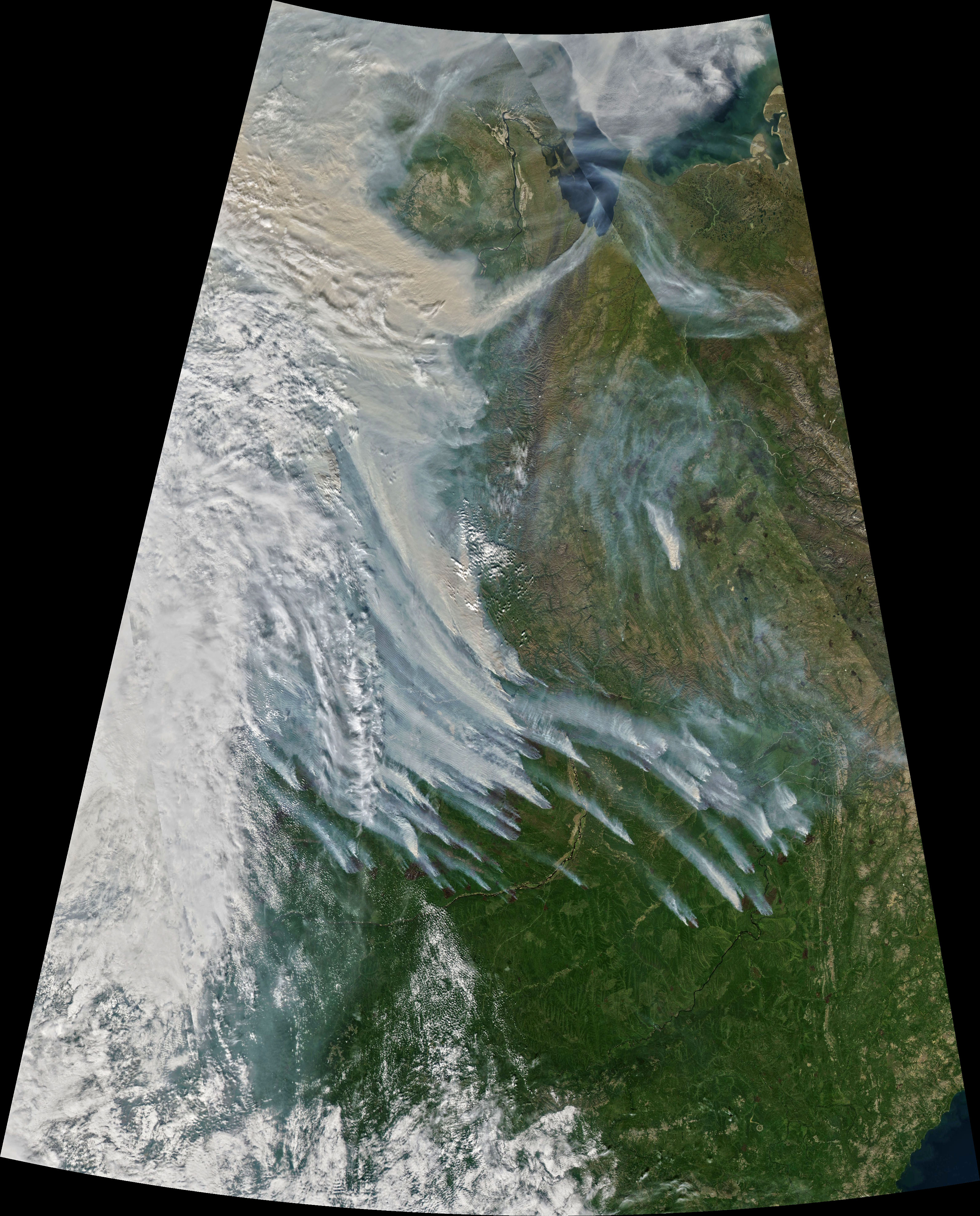Latest IPCC Working Group 1 report: “irreversible” climate change requires transformative action now
View the original article from the Global Commons Alliance here.
Earlier this week, the IPCC released its latest Working Group 1 report on physical science that assesses the state of knowledge about climate change. While some conclusions strengthened key findings from earlier reports, others are more alarming.
The extreme heat, heavy rainfall, drought and other extreme weather and climate events in the past decade — all of these signs of changing climate are set to increase even more in the coming decades.
“Everyone is in danger,” said Inger Andersen, director of the UN Environment Programme. Andersen emphasized the connection between climate change and the current risks faced by natural habitats and ecosystems (see the Earth Commission’s position on Nature Positive). Weakened natural systems mean less resilience in the face of climate shifts.
“It’s all connected. It’s time to get serious,” said UNEP’s Andersen, calling for both action and systemic change , particularly for meeting Paris Agreement goals.
From the framing of the Earth Commission’s work, this interconnection of the Earth system and all of its processes comes as no surprise. The Earth Commission’s synthesis on science-based targets for a safe and just planet is more needed than ever, as are transformation and systemic changes.
Local views, global actions
The newest information in this latest IPCC report focuses on regional impacts, from snow to wind to coastal flooding and more. The record-breaking heat extremes of this summer in the northern hemisphere, where temperature records were broken by about 5℃, further highlighted the consequences of greenhouse gas emissions for human health and wellbeing, and for agriculture and marine life.
For humans, “nearly every heat-related death is preventable. Early warning and response systems designed to provide timely and effective information and services would reduce the impacts of future heat waves,” said Kristie Ebi of University of Washington, Seattle, an Earth Commissioner and expert on health risks related to climate change. The need for such systems will grow as extreme weather and climate events continue to increase in frequency, intensity, and duration with additional climate change.
Acting fast to slow climate change
Despite the unexpectedly extreme signs of climate change showing up today, it’s not too late to act, according to Petteri Taalas, Secretary-General of the World Meteorological Organization (WMO). Stopping emissions and the loss of forests will be key in this decade.
While 1.5℃ of warming is still the goal, 2.0 to 3.0℃ seems to be likely, Taalas indicated. Loss of food production, the impacts to the biosphere and world economy are only a few of the negative prospects of continued global warming, he said. From an Earth Commission perspective, some of these systems can also be seen as contributing to climate change and other problems, and need transformations to keep the planet in a safe state, when it comes to climate as well as the other systems that support life on the planet.
“Climate change is already affecting every region on our planet. And every fraction of additional warming will increasingly affect every region in multiple ways,” said Valérie Masson-Delmotte, co-chair of IPCC Working Group 1. She noted that the planet is heading for 2℃ of warming by mid-century — 2030 or 2040 — with current emissions. Extreme actions will be needed to “dampen” the increased warming by the end of this century, to stay within the 1.5℃ warming agreed to in the Paris Agreement several years ago.

The planet is now committed to further loss of ice sheets and other impacts. But such “irreversible changes can be slowed down, and other changes can be stopped,” said Masson-Delmotte. “The decisions we make now will determine the climate of the future.”
Taking an even broader view, the climate of the future relies on the decisions to be taken at upcoming international meetings, as well as at local and regional levels — for protecting nature, and shifting societal consumption patterns and other drivers of global change. While individual actions are important, systemic transformations will be key to a safe and just planet for all. And all of these systems interact: The Earth Commission’s synthesis, to be released next year, will take into account pressures beyond climate, in order to define a safe and just corridor for all.
DATE
August 18, 2021AUTHOR
Future Earth Staff MemberSHARE WITH YOUR NETWORK
RELATED POSTS
Future Earth Members Selected as Experts for IPCC Special Report on Cities
Sign the COP28 statement. The Science is Clear: We Need Net Zero Carbon Dioxide Emissions by 2050.
Future Earth Member Xuemei Bai in Journal Science: Make the Upcoming IPCC Cities Special Report Count